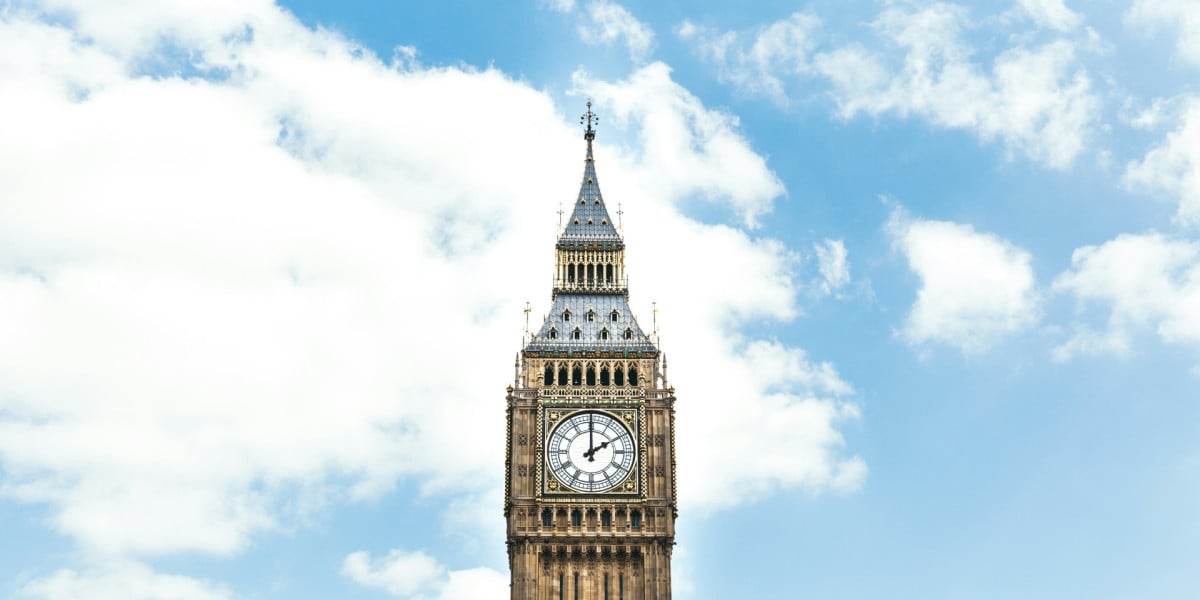
Chartered ABS responds to the DfE’s technical consultation on the International Student Levy
The Chartered ABS has submitted its response to the Department for Education’s technical consultation on the International Student Levy.
Chartered ABS statement on the Immigration White Paper

The Government published its Immigration White Paper which reduces the duration of the Graduate Route from 2 years to 18 months, proposes a potential levy on higher education provider income from international students, and sets out increases to the skilled worker salary threshold, amongst other measures.
Professor Stewart Robinson, Chair of the Chartered Association of Business Schools responds:
“The Graduate Route has been essential to the UK’s global reputation and competitiveness for business and management education. These latest changes will further undermine the sector’s ability to attract international students and runs counter to the Government’s growth mission.
“Business schools are critical to the Government’s growth mission and are pivotal anchor institutions in their local economies, attracting other businesses, investors, and talent to our cities, regions, and nations.
“The proposed levy on international student income will place an unwelcome strain on university finances, which are already under significant pressure, with Higher Education Policy Institute (HEPI) estimates prior to this announcement, suggesting a potential £1.14 billion loss in university income. Business schools and their universities are still reeling from multiple policy changes in 2023, and the rise in national insurance contributions that came into force in April 2025, which offset any benefit from the welcome increase in tuition fees. We strongly urge the Government to consult extensively on this proposal.
“Furthermore, we are concerned with the proposal to remove discounts on the skilled worker visa along with a further increase to salary thresholds. This will only further reduce the attractiveness of the UK as a destination for international students.
“We urge the Government to consult the higher education sector on these proposed changes in this White Paper to ensure that business schools can uphold their world-leading status and can continue making vital contributions to the UK economy.”
Notes to editors
Data from HEPI shows that the economic benefit of international students to the UK rose from £31.3bn to £41.9bn between 2018/19 and 2021/22. For business schools specifically, international students for the academic year of 2021/22 contributed £6.4bn in off-campus spending during the period of their studies (this does not include tuition fees which provide critical income to our universities). A further analysis in May 2024 found that the gross benefits to the UK in higher tax revenue from hosting Graduate Route visa holders was £588 million in 2022/23 (or £10,410 per main Graduate Route visa holder).
Analysis by the Institute of Student Employers found that graduate salaries in the North-East are 13% lower than in London.
Our research found that UK business schools have reported significant declines in both domestic and international student enrolments due to the ban on student dependents:
For international students, 58% of the responding schools stated that enrolments for their programmes starting in January 2025 were lower than a year ago, of which half said they were significantly lower.
Around 65% of business schools reported that the dependents' visa ban has continued to negatively impact their recruitment for specific programmes.
The OfS expects almost half of higher education providers in England to report a deficit in 2024-25 following weaker than anticipated international student recruitment.
